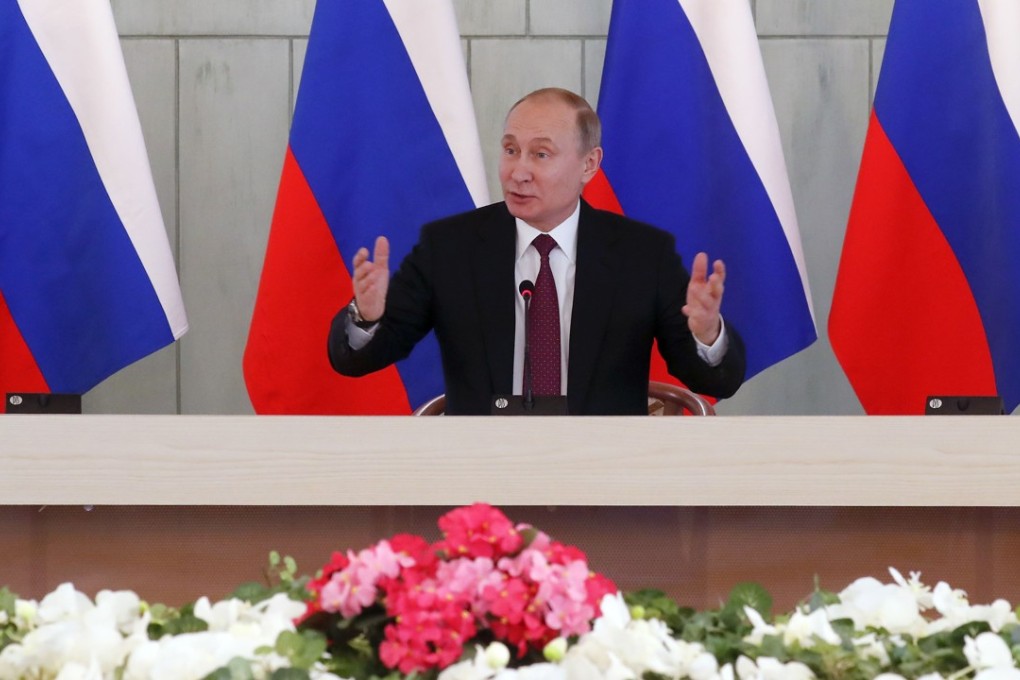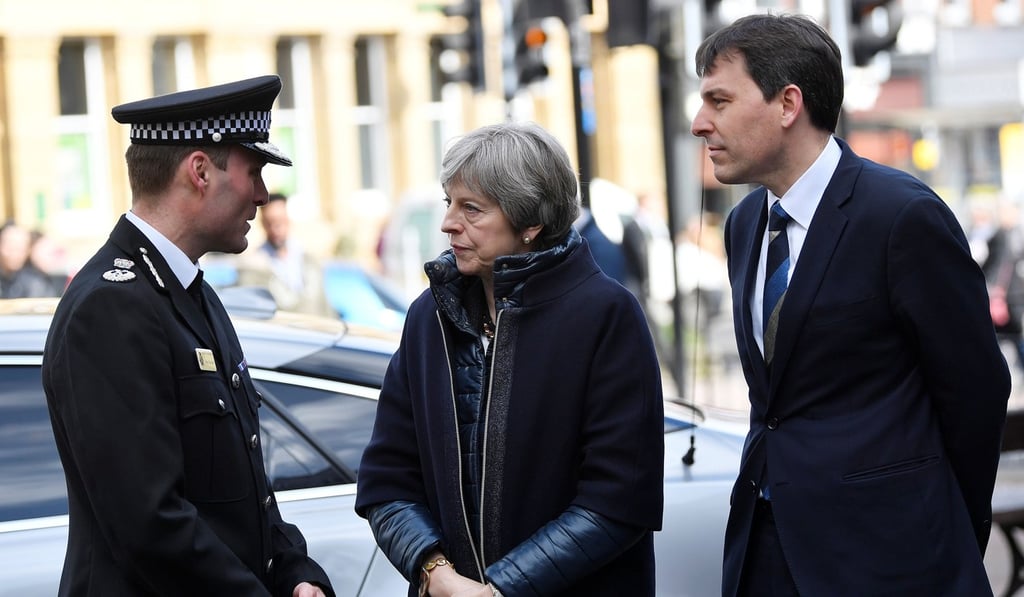Three ways Putin could stay in power after 2024 following his re-election as Russian president
Andrew Hammond says the Russian president has consolidated his power domestically with his re-election on Sunday but his relationship with the West remains more challenging


Sanctions-hit Russia mulls payment system tie-up with China to cut reliance on the West
There are at least three key scenarios for the future of the country’s governance from 2024 onwards. These presume that Putin remains fit enough to stay in office for six more years when he would be 72 (around Donald Trump’s age today) and that he remains politically popular too.
A second scenario is that Putin seeks to change the constitution which prohibits any one person being elected more than twice consecutively. While this may be his end game, it is by no means a foregone conclusion that he would be able to secure it, especially if his political luck runs out.
A third option is that he seeks to groom a trusted successor to hand over power to, under terms which could see Putin seeking continued influence. One variant of this was in 2008 when he served as prime minister to Dmitri Medvedev’s president for four years. There is speculation that Putin may seek to hold positions from 2024 onwards, ranging from prime minister again to speaker of the Duma. However, if Putin’s goal is to become president once more in 2030, he would by then be 78 years old and his personal health and political longevity could no longer be assumed.